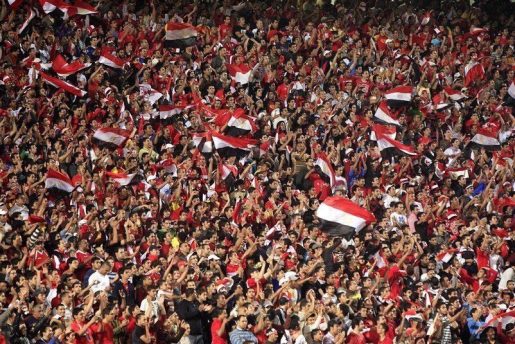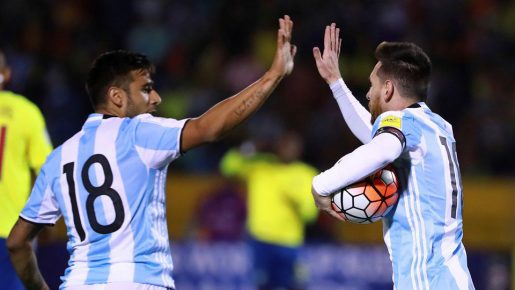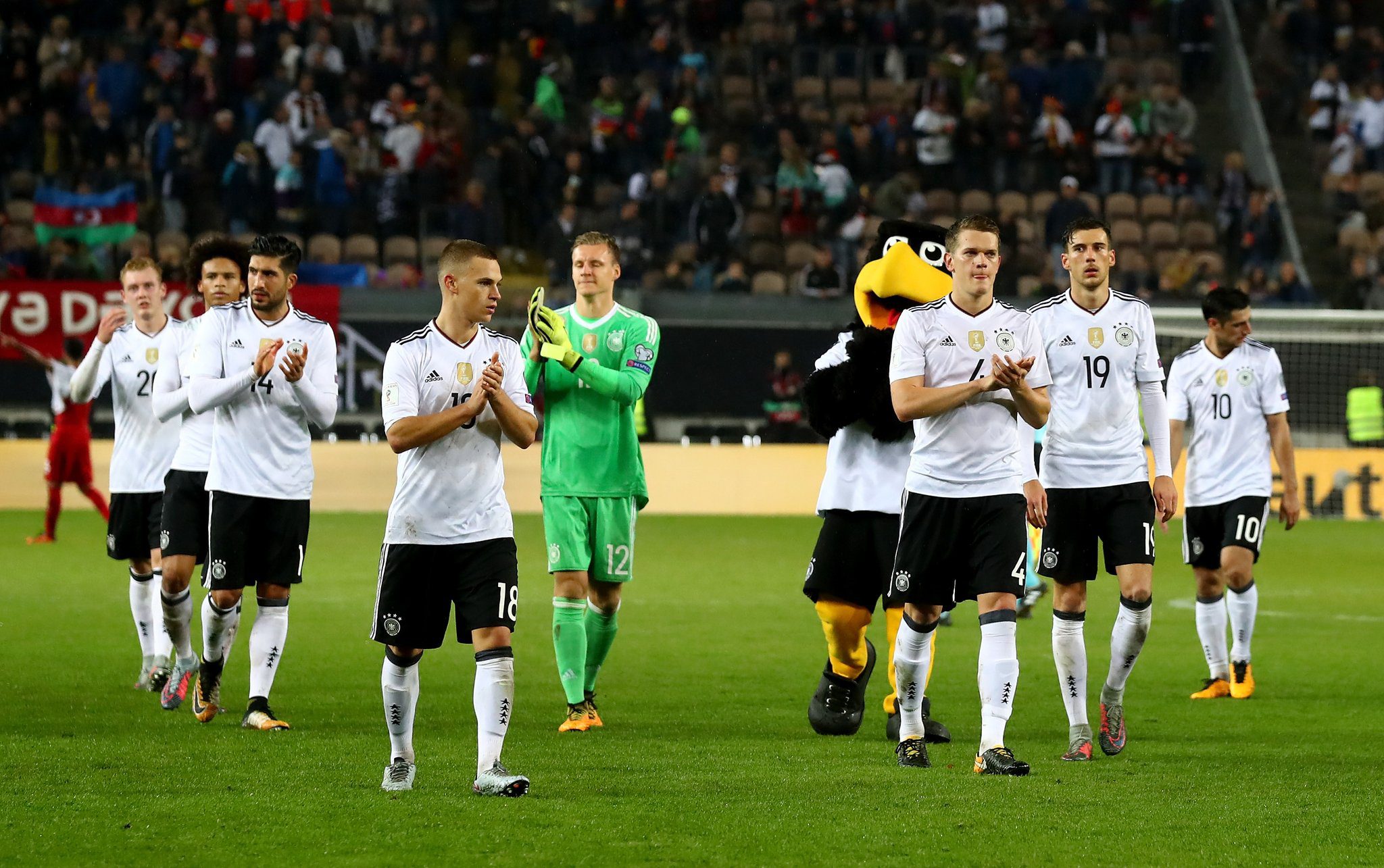The World Cup qualifiers have again, provided exciting results with several “big names” fizzling out and others requiring injection of adrenaline to survive. Surely, the road to the tournament proper in Russia is full of twists and turns, but always excitement.
The roll call of the eliminated includes Holland, Chile, Cameroon, and the United States. Argentina barely survived and Italy requires a round of play offs to determine its fate. This is the essence of the World Cup. It is the excitement, unpredictability, and opportunities for small countries such as Iceland that make this tournament what it is. It is not the ruse of the World’s best 32 teams that make the World Cup memorable.
The claim that the World’s best teams are the ones that get to the finals is one of the tallest tales that we continue to believe. There is nothing further from the truth. The teams that get there play their best in key moments of the qualifiers and, in the main, they need a dose of luck. More important is that they represent their confederation with pride after coming through a process approved by their confederation.
Is Panama really better than the United States? Is Saudi Arabia really better than Chile? The answer is no but the point is that whether better or not, both Saudi Arabia and Panama deserve qualification. In reality, developing a precise measure or an instrument for determining the best teams in the World is essentially complex and it is hard to grasp how this can best be accomplished.
None of the current systems assure selection or invitation of ‘best’ teams nor is there a system that can do possibly better. Think of this, team performance is never static. Instead, it is dynamic changing from second to second, day to day, and week to week. An injury, a poor psychological state, refereeing decision, and much more affect each team’s performance, quality, and result. In a single match, fluctuates from high to low for each team, demonstrating the indeterminate or ephemeral nature of a team’s quality.

How then can one be sure that the world’s best teams can be at any single World Cup tournament that lasts for two months when such quality will change indeterminately throughout the event? The answer is that there is no way to assure it. The current system of league-based qualifying system does not determine this and no system will determine the best without concurrently controlling the time between the qualifiers and the finals. Thus, it is not reasonable to expect that the World Cup should be about the World’s ‘best’ teams. It is a pie in the sky hope, a dream, or at best a pretense.
The current system may produce teams with quality or performance that is high, in a significant portion of the games, at the qualifying stage. The likes of Brazil and Germany may fit that bill but what about the Argentina team during the qualifiers? But are we to assume that even Brazil and Germany shall maintain such quality, considering its ephemeral nature, for months and through the tournament in the summer? It is an unreasonable expectation. In essence, during the summer of the tournament, several of the 32 teams would not be among the ‘best’ no matter the measure introduced.

So what then should be done? Change the focus from an indeterminate quality to a more assured characteristic of diversity. This should not just be about geography but also style and playing culture. Those are the things that significantly contribute to the excitement of a World Cup. They bring to the event, the narrative of hope, upsets, and opportunities for new faces and talents. They do not diminish the event in any way. What diminishes the event is a system that pretends a focus on quality but instead advantages legacy and history. Let the World Cup be a truly global event, representing global diversity and creating access to all.
FIFA should be proud to state its commitment to diversity in its tournament, its access to smaller countries, and above all its focus on hosting a truly global event not just in name but in deed and allowing participation across the globe. It is what FIFA is today and what it should increasingly represent as the future beckons.
It is why the World Cup is exciting. Iran, Saudi Arabia, and Panama may not be the best teams, whatever that means, but they certainly deserve a place and it is their ups and downs that contribute to the excitement of the World Cup.









